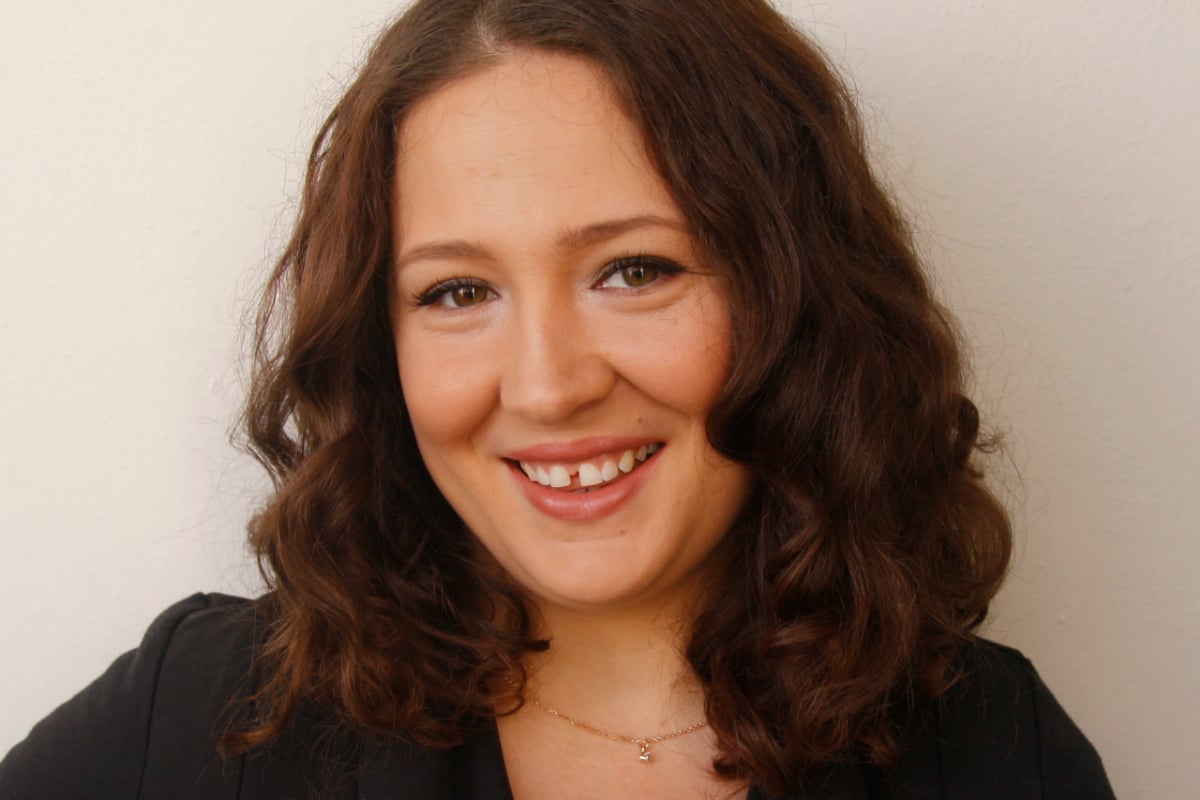
When I was younger, I took issue with working until the age of 70.
Even as a child, the concept was uncomfortable. I knew people who died before they were 70, yet no-one ever seemed to think of working as anything other than a necessity, and a “preservation age” retirement as anything other than normal.
This niggling feeling lasted until I started working, at which time it became very profound. I was now part of the masses; the so-called rat race. Working until 70 was now my reality, and if I was lucky, in between I could afford some nice experiences to make it worthwhile.
After a pretty pivotal couple of years in my life, I discovered the FIRE movement, which stands for Financial Independence Retire Early. I’d always been an average money manager, saving a little, never owning a credit card – that kind of thing – but this community of people took saving to a whole new level.
How Canna Campbell saved $32,000 in a year.
This was the super-frugal elite, essentially buying their way to freedom decades before anyone else by saving and investing. In fact, some of the people who adopted this lifestyle not only got out of serious consumer debt, but were completely financially independent within ten years.
Suddenly, I had found my people.
My husband and I are now trying to buy our freedom, too. Over the last eight years, we have saved and invested almost $500,000, putting up to 75 per cent of our after-tax incomes away for a very early retirement. We have a plan to continue doing this for five more years; at which stage our savings and varied investments should generate enough passive income for us to live off of indefinitely.
Top Comments
This reads very much like it is heavily inspired by The Barefoot Investor which is referenced.
Some people bemoan that the article does not provide the magic solution on how to save money but that is such an individual thing that the best generic advice is the rather obvious "live within your means". There are plenty of tips out there suited to each individuals needs. From my point of view, I have a good income and am an excellent saver although my investment sucks (too focused in cash, not enough property and no shares) and I am constantly amazed at how people, on a lower income and in a more compromised financial security position than myself can outspend me significantly so flippantly.
Good quality clothing and footwear can last years of use, there is not much health difference in quality of a lot of the food staples between generic, branded to chain (ie starbucks, etc) offerings in Australia - having people/service providers work for you (tradie/repairer, renovations, cleaner, etc - even the taxi driver) does require courageous oversight - 7Ps Prior Planning & Preparation Prevents Piss Poor Performance (research on holidays, research on vehicles and other big purchases, project manage reno's, house moves, kids birthdays and other event celebrations), acquiescing to peer pressure does cost money (although having no friends is expensive as well as lonely), always get medical evacuation travel insurance when traveling overseas.
To summarise, it takes a mindset to identify what is "enough for the needs", courage to stand up for your money / future financial position and diligence to keep doing this week in week out to get your family into the position that kids, a moderate emergency, a few financial mistakes is something overcome and not something disastrously overwhelming.
sure most people probably have a few things they see as essential that are not - but this article doesn't really give much advice on that. Living off 25% of your income is only really feasible if you have a good income though - some expenses aren't discretionary